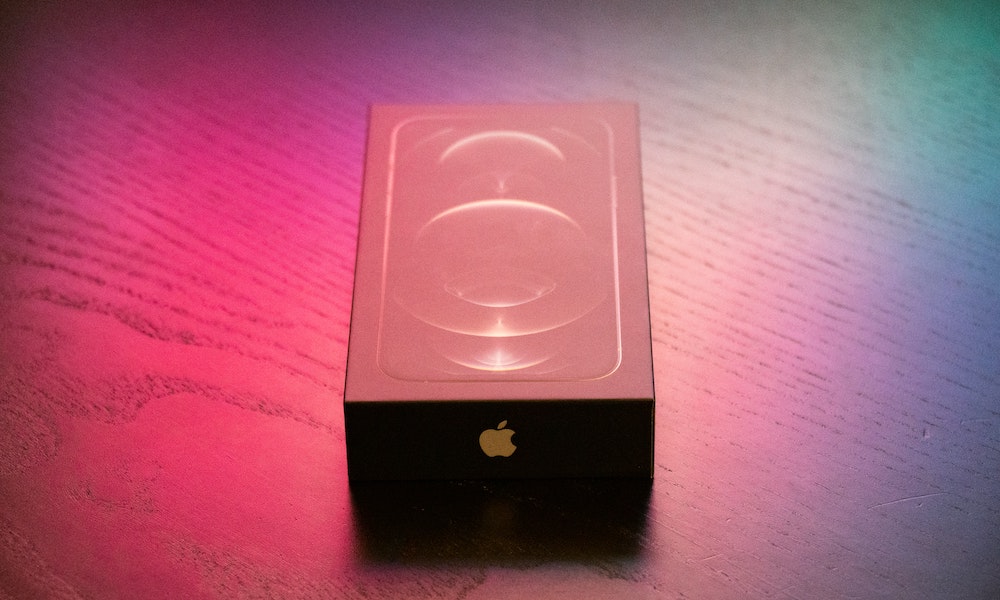Apple Will Pay $95 Million in Class-Action Lawsuit Over Refurbished AppleCare+ Replacements
 Credit: Martin Sanchez / Shutterstock
Credit: Martin Sanchez / Shutterstock
Toggle Dark Mode
If you’ve ever had your iPhone or iPad replaced under an AppleCare plan, you could soon be eligible to receive a payout in a recently settled class action lawsuit.
In 2019, a class-action suit was certified against Apple, alleging that the company had used “inferior” products when replacing devices through its AppleCare or AppleCare+ Protection Plans.
Specifically, the two plaintiffs in the lawsuit argued that Apple had violated its Terms and Conditions for AppleCare by offering refurbished devices as replacements for new ones.
The Apple Plans purport to provide consumers with new devices, when in fact Apple sends consumers devices made of refurbished parts, failing to uphold its promise of iPhone, iPad, and iPhone replacements that are equivalent to new in performance and reliability.Replacement Device Class-Action Lawsuit
In the filing, the plaintiffs insist that “refurbished devices can never be the equivalent of new in performance and reliability.”
In essence, the lawsuit insisted that Apple should always offer entirely new devices as AppleCare replacements — that would be devices that have never been used or sold previously, which are made up of entirely new parts that have also never been used in other devices.
Lawyers for the plaintiffs argued that this is deliberately fraudulent behaviour on Apple’s part, and that the company illegally profits by charging premium prices for AppleCare+ based on promises that it ultimately fails to deliver on. Customers sign up for AppleCare+, the group says, with the expectation that they will receive a brand-new device as a replacement when in reality they only get an “inferior” refurbished unit.
The original lawsuit was actually launched in 2016, but in an example of how slowly the wheels of justice turn, it didn’t receive class-action certification until 2019.
The class-action suit was seeking compensation equivalent to the difference between “devices that work like new and the inferior devices Apple provided class members.”
Apple Settles
Even though the arguments in this case always seemed somewhat specious — Apple’s “Certified Refurbished” devices are thoroughly inspected, and given new batteries and new casings, and look and function like new — Apple ultimately chose to settle out of court.
To be clear, Apple did try to get the case thrown out before it was certified as a class action lawsuit, emphasizing that “equivalent to new” in the AppleCare terms is not the same thing as “new,” however those efforts failed, and Apple’s lawyers must have decided it wasn’t worth continuing the fight.
It also took four mediation sessions last year for the lawyers to come to terms on a settlement, but when the dust settled, Apple had agreed to pay out $95 million, of which approximately $30 million will be eaten up by administrative costs and fees for the lawyers pursuing the case.
What’s Next?
This settlement was approved last September, and now the class action is preparing to begin the payouts, which are expected to cover up to 25 percent of the plaintiff’s damages, depending on how many members end up participating in the class action.
The class includes anyone who purchased AppleCare Protection Plan or AppleCare+ for an iPhone or iPad, either directly or through the iPhone Upgrade Program, on or after July 20, 2012, and received a remanufactured replacement iPhone or iPad on or before September 30, 2021.
You can find more information on the Replacement Device Lawsuit page, where you can ask to be excluded, file an objection to the settlement, or request to speak in court about the fairness of the settlement.
There’s one final fairness hearing scheduled for April 27, 2022, during which both parties and any other members of the class will be able to make final statements. Barring any surprises, however, that’s expected to be largely a formality.







